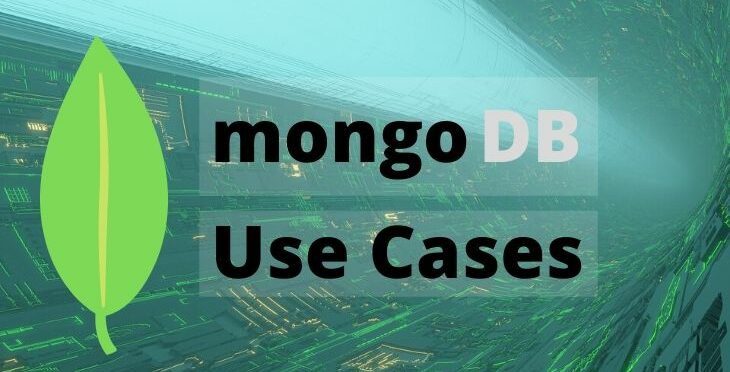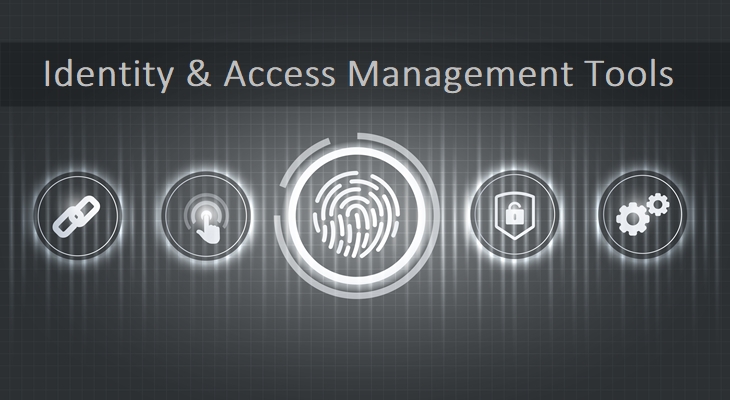MongoDB is a document database that can work cross-platform and is categorized as a NoSQL database.
As a NoSQL database, different documents are stored under one collection, and these documents can have different contents, sizes, and even different fields.
MongoDB’s ability to scale up and down very easily is considered to be one of its advantages over its competitors.
Furthermore, MongoDB is not just useful for big data and related tools but also for the content management platforms. We will be going through some of the top use cases of MongoDB across various industries in this blog.
Top 6 MongoDB Use Cases
HSBC, one of the world leaders in the banking industry, has been focussing on the "Digital First" approach for quite a long time now.
Its main objective in this campaign is to improve data accessibility, insights, and data compatibility. Its data assets have gone on to double in the last five years.
HSBC had been using a relational database to store the operational database. It had limited the scope of data insights and data scalability.
With a huge increase in the database over the last five years, it had become more complex to manage the database easily.
HSBC wanted to implement a system wherein it could help its users to access data on simple terms like bonds and shares as well as complex terms like future trading predictions, derivative trading, etc.
Hence it partnered with MongoDB to fulfill these requirements.
This association has not only helped HSBC to achieve the objectives but also made the system simpler to access and faster at the same time.
Expedia, an American travel company, is a travel aggregator website. As the travel fares vary from day to day, these websites are left with very little inventory.
This use case of MongoDB focuses on storing and processing big data to improve customer experience.
Travelers often plan well ahead of their travel and go through a number of options. Most of the time, they tend to forget their previous searches, and it leads to confusion amongst travelers.
To solve this problem, Expedia came up with a solution called Scratchpad.
It is powered with MongoDB. Scratchpad allows you to customize your trip package as per your needs, and it automates the entire note-taking process. It also allows you to search on the laptop and automatically saves the info on your mobile/tablet.
With Scratchpad, you also get the lowest price deals, based on previous searches.
A system needs to handle a lot of data and process a huge amount of information to automate, filter, and personalize to deliver the exact content.
MongoDB helps Expedia to deliver just that. As MongoDB is a non-relational database, it becomes easy to customize all of the information pretty quickly and without any hassle.
The key reason behind choosing MongoDB was its speed and ease of scalability as you can store the values in a single view. It would have been too long and a bit slow to process all of the information and deliver the results in real-time.
One of the interesting use cases of MongoDB involves Bosch. Internet of Things (IoT) has transformed the way businesses operate, and Bosch, one of the technology leaders, is not lagging behind.
Bosch has invested a lot on smart power tools and advanced telematics. The key driver to these projects has been the Internet of things.
IoT doesn't just deal with connected devices, but it also specializes in giving real-time insights to improve the processes.
MongoDB has helped Bosch to deliver the IoT-powered apps to its consumers.
As the IoT market is inflating, Bosch plans to implement IoT in most of its services, and MongoDB is accelerating this process for Bosch by giving them an advantage with the scalability and high level of availability.
It would have been difficult for Bosch to execute and implement the IoT platforms with the relational database systems.
WindyGrid project, which was inspired by a prototype made by one person on one laptop with MongoDB technology, focused on getting real-time insights from the Chicago municipality data.
WindyGrind project was one of the pioneers of the country in this field, and the project was executed within four months.
It does not just process the information on seven million different pieces of data, but it can also give insights on the things as they unfold.
This project is considered as a vital step to make the city of Chicago safer and better with improved living standards.
WindyGrid deals with real-time updates on traffic delays, road works, mugging incidents, and public transport updates, etc.
Gathering all of these details is not just a time-consuming activity, but it is almost impossible to execute and analyze the results in real-time with relational databases.
But with MongoDB, City of Chicago scaled up that was a mere prototype, working on a single laptop, and with one resource into a giant. It turned into a model that could analyze and predict the course of action based across the entire city.
Content management platforms are designed to deliver personalized, user-centric content without much hassle.
Urban Outfitters is one of the leaders in clothing innovations, and it is using the MongoDB platform to quickly design and launch apps to deliver a personalized experience to its customers and improve their journey.
One of the key reasons behind choosing MongoDB was its speed, availability, and flexibility to cope up with fluctuating, seasonal highs and lows of retail business comfortably.
Urban Outfitters' eCommerce app is one of its kind with a high focus on customer experience, and it has been a huge success for the company.
Furthermore, a lot of other eCommerce retail companies are following the suite and going for non-relational databases like MongoDB.
Forbes is considered to be one of the pioneers of the media publishing houses, and it has arguably been the best business news content source.
Forbes has been one of the world leaders from 1917, and it wasn't easy for them to make the switch from traditional business media sources to the modern ones.
Content quality has never been an issue for Forbes. It delivers one of the most trustworthy pieces of content. But the key issue was the speed at which the content was getting delivered. It caused many outages, resulting in poor page performances.
Forbes decided to get rid of these problems with a complete makeover of its systems. It chose MongoDB as its content platform, and the results were evident for everyone to see.
Making a move to MongoDB overhauled the entire architecture of Forbes’ website and that too at marginal costs to what Forbes’ was paying earlier.
Additionally, the time taken for the entire overhaul of the website on custom CMS on MongoDB was just a couple of months, and it had launched the mobile version in another month.
The mobile traffic jumped from meager 5% to 15% of the overall traffic on Forbes' website within a day. Now it has gone past the 50% mark comfortably.
Key Takeaways:
MongoDB can be used to:
- Handle multiple documents through a single folder irrespective of size, data models, etc.
- Drive IoT growth.
- Improve flexibility.
- Improve availability.
- Get real-time analytics.
- Improve content management platform experience.
You May Like:





